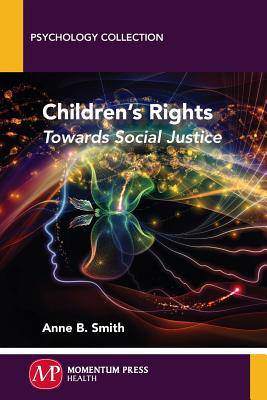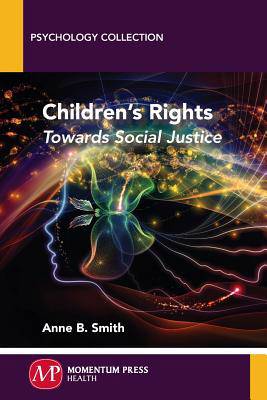
Door de nationale actiedag kan je online bestelling iets langer onderweg zijn dan normaal. Dringend iets nodig? Reserveer en haal na 1u af in een winkel met voorraad.
- Afhalen na 1 uur in een winkel met voorraad
- Gratis thuislevering in België vanaf € 30
- Ruim aanbod met 7 miljoen producten
Door de nationale actiedag kan je online bestelling iets langer onderweg zijn dan normaal. Dringend iets nodig? Reserveer en haal na 1u af in een winkel met voorraad.
- Afhalen na 1 uur in een winkel met voorraad
- Gratis thuislevering in België vanaf € 30
- Ruim aanbod met 7 miljoen producten
€ 110,95
+ 221 punten
Omschrijving
A marked change in traditional thinking about children and childhood was promoted by the adoption by the United Nations (in 1989) of the Convention on the Rights of the Child. In the early 90s sociologists in the United States and the UK developed Childhood Studies to promote a holistic view of children's lives, recognition of their competence and agency, and the impact and value of their everyday experiences. As a result of this impetus, different thinking has emerged about the role and recognition of children, the institutions of childhood, and the way we view and treat children in modern societies. This book focuses on research emerging from Children's Rights and Childhood Studies thinking, which has important implications for developing policies and practices to improve children's well being and rights. The author presents the implications of children's rights for six contexts of children's everyday lives: families; early childhood education; schooling; child protection services; health services; and employment.
Specificaties
Betrokkenen
- Auteur(s):
- Uitgeverij:
Inhoud
- Aantal bladzijden:
- 199
- Taal:
- Engels
- Reeks:
Eigenschappen
- Productcode (EAN):
- 9781606507773
- Verschijningsdatum:
- 18/12/2015
- Uitvoering:
- Paperback
- Formaat:
- Trade paperback (VS)
- Afmetingen:
- 152 mm x 229 mm
- Gewicht:
- 290 g

Alleen bij Standaard Boekhandel
+ 221 punten op je klantenkaart van Standaard Boekhandel
Beoordelingen
We publiceren alleen reviews die voldoen aan de voorwaarden voor reviews. Bekijk onze voorwaarden voor reviews.










